 TV
TV « In Which We Autistically Begin Our Career In Surgery »
 Thursday, September 28, 2017 at 9:02AM
Thursday, September 28, 2017 at 9:02AM 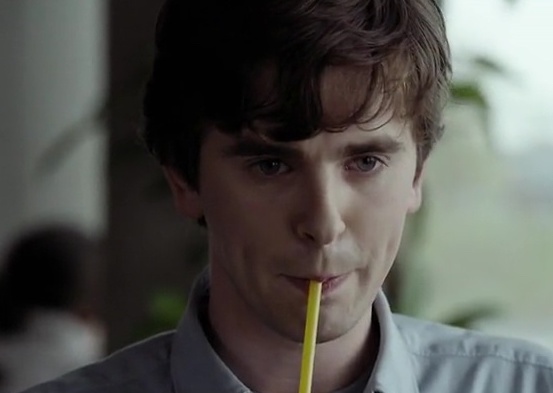
Showing Appreciation
by ELEANOR MORROW
The Good Doctor
creator David Shore
ABC
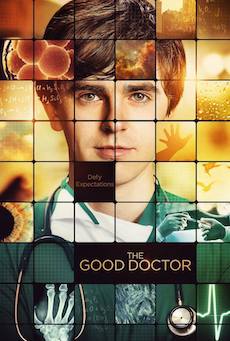 Shaun Murphy (Freddie Highmore) is a functioning autistic surgical student. In the first episode of The Good Doctor, he flies from Wyoming to San Jose, California to begin his first residency. Both places are much the same to him, and really to us, since we have never been to San Jose or Cheyenne, and there is nothing in The Good Doctor to recommend either.
Shaun Murphy (Freddie Highmore) is a functioning autistic surgical student. In the first episode of The Good Doctor, he flies from Wyoming to San Jose, California to begin his first residency. Both places are much the same to him, and really to us, since we have never been to San Jose or Cheyenne, and there is nothing in The Good Doctor to recommend either.
When he lands at the San Jose airport, he witnesses a severe accident. A plane of glass falls on an African-American boy. Shards lodge in the boy's abdomen and enter his bloodstream; his neck is also slashed. A well-meaning doctor tries to help, but Shaun can see that he is doing it wrong, because autistic people have superpowers much like Superman's x-ray vision. Shaun immediately recalls information from medical textbooks he has pored over. He creates a makeshift valve to allow the boy to keep breathing, but not after stealing a knife from a gaggle of TSA agents.
After they see that their son has been saved by this weird white man, the parents of the boy give him a soft hug. Shaun is neither excited or disturbed by their outpouring of emotion. He does not seem to understand it at all, an unlikely reaction for a functioning autistic. Then again, if he bristled at their touch, how sympathetic would he be in the scenes that follow?
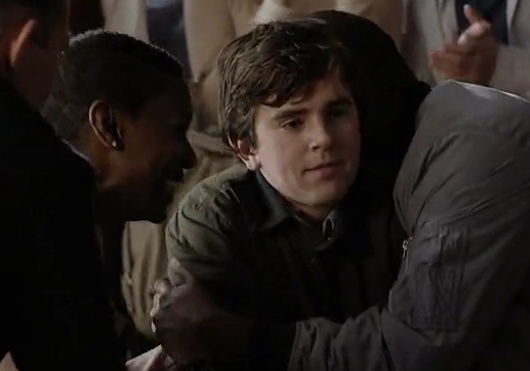
Shaun's benefactor is Aaron Glassman (Richard Schiff). He is president of the hospital to which the African-American boy is dispatched. Shaun follows, begging the doctors attending the case to give the child an echocardiogram. They won't do it, probably because they are racist. Or maybe not racist, since most of the residents at this hospital are individuals of color, but racist against autistic people.
In many other countries, individuals with developmental disabilities are being eliminated before they are even born. I would like to think that in America, we value genetic diversity, but The Good Doctor puts the lie to this entire concept, since Shaun's supervising Mexican-American surgeon Dr. Melendez (Nicholas Gonzalez) tells him, on his first day, that he will only be doing suction.
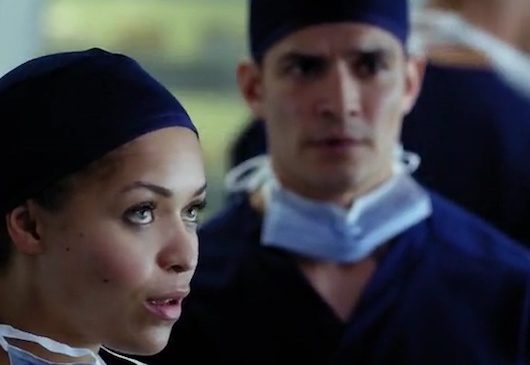
While it is certainly nice to see a hospital full of doctors from a diverse variety of backgrounds, The Good Doctor sort of writes itself into a political hole here. It is not really appropriate or convincing to identify these various individuals from disparate life experiences as all united in their intolerance of a white man. I say, "not appropriate," because it implies that coming from a particular place gives you no particular understanding of what it means to be an outsider in every context. I think that's a lie.
As it happens, the actors who play Shaun's immediate superiors on The Good Doctor have a very specific background. Hill Harper, who portrays the head of surgery at the hospital, attended Harvard Law School. Gonzalez, who stars as the arrogant surgeon meant to be Shaun's supervisor, spent time at Oxford. I do not believe any of these people in real life would be intolerant of someone with autism, and it feels somewhat wrong to force them into positions where they have to pretend this.
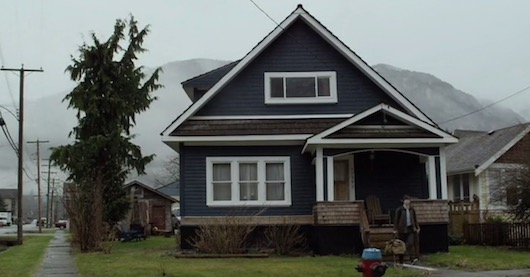
Shaun's character promulgates this contradiction in a scene with another resident, Claire Browne (Antonia Thomas). (Thomas is an English actress, borne of a Jamaican mother and a British father.) He says to her in the hospital's cafeteria, "The first time I met you, you were rude to me. The next time, you were nice to me. Which time were you pretending?"
In flashbacks we see that young Shaun (Graham Verchere) was essentially raised by his brother Steve (Dylan Kingwell). They live in a school bus for some reason, which seems slightly implausible, but not for Shaun, who asks if they can get a television. Steve says that they can't because they live in a school bus. Steve might be annoyed sometimes by his brother's autism, but in general he is remarkably good-natured about it.
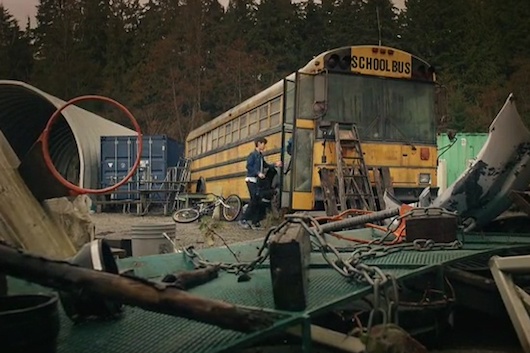
In this inverted world, certain people are surgeons. Maybe it's great that they are, maybe some of them shouldn't be. It is not up to us to judge, whether we are white or Mexican-American or African-American, since we can never truly know the subjectivity of another person. We must only show our appreciation, our happiness that another person, who exists at the behest of something larger than ourselves, lurks behind the mask of the everyday. In this regular-ish place, superpowers are always secret.
Or maybe the only superpower that Freddie Highmore's character actually has is that he is white, and the rest is just a distracting backstory.
Eleanor Morrow is the senior contributor to This Recording.
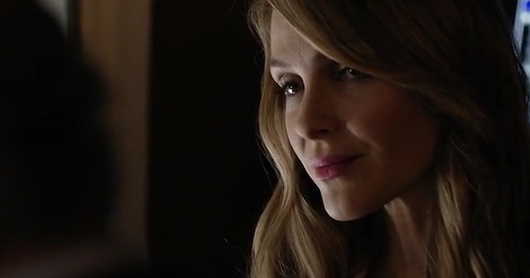






























Reader Comments